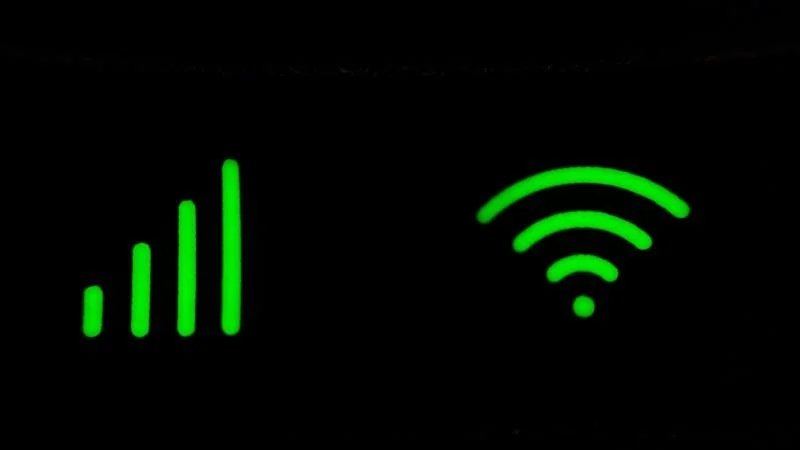Not a single shovel went into the ground from the Biden administration’s $42 billion high-speed broadband Internet access program, a new report says, and key congressmen from North Carolina and Kentucky are praising the changes closing the digital divide.
New guidelines have been released by the National Telecommunications and Information Administration, unlocking a stalled effort for fast, reliable broadband to homes across the country. The $42.45 billion Broadband Equity, Access and Deployment Program was thought to do that in all 50 states, five territories and the District of Columbia.
The NTIA report says, “Instead of ensuring the swift and efficient use of these funds, the Biden administration imposed significant nonstatutory burdens and red tape that increased taxpayer costs, limited marketplace competition, and diverted resources away from actual deployment. As a result of these counterproductive Biden administration burdens, the BEAD Program has failed to put a single shovel in the ground since IIJA’s passage in 2021 – leaving many Americans unconnected.”
IIJA is the acronym for the $1.2 trillion Infrastructure Investment and Jobs Act of 2021.
David Zumwalt is president and CEO of WISPA, one of many entities in favor of change.
In a statement, he said, “The new guidance opens the door to all qualified technologies that deliver reliable broadband – fixed wireless, fiber, satellite, and others – ensuring that unserved Americans can get connected faster and more affordably. As a result, it will accelerate the deployment of connectivity to many who’ve long waited on the wrong side of the digital divide. Instead of a one-size-fits-all approach, this guidance will provide the flexibility to choose the right technology for individual community’s unique broadband needs.”
The acronym WISPA is for Wireless Internet Service Providers Association.
“Thanks to our SPEED for BEAD Act, the Trump administration just cleared Biden’s red tape blocking $42 billion in broadband funding,” U.S. Rep. Richard Hudson, R-N.C., wrote Monday on social media. “States can finally move forward – and in places like North Carolina, shovels will hit the ground soon. We’re closing the digital divide.”
Hudson is chairman of the Communications and Technology Subcommittee from within the U.S. House of Representatives’ Committee on Energy and Commerce.
A statement from the committee attributed to Chairman Brett Guthrie, R-Ky., said in part, “These new guidelines will accelerate deployment and provide certainty to states, as we continue our work to connect every American to fast and reliable broadband.”
Hudson authored and on March 5 filed the SPEED for BEAD Act, known also as House Resolution 1870. The acronym is Streamlining Program Efficiency and Expanding Deployment for BEAD Act.
“I’m thrilled to see the NTIA implement so many of my recommendations for the BEAD Program,” he said. “Americans deserve better connectivity without burdensome requirements.”
Commerce Secretary Howard Lutnick and his staff led a review of the BEAD Program among their first endeavors.
“The department is ripping out the Biden administration’s pointless requirements,” Lutnick said. “It is revamping the BEAD program to take a tech-neutral approach that is rigorously driven by outcomes, so states can provide internet access for the lowest cost.”
Hudson’s significant emphasis in his bill was to clarify that the “program can utilize all technologies to close the digital divide; ensures that funds are used for deployment and workforce development; allows providers more flexibility in the projects they choose to bid on; eliminates the burdensome conditions imposed by the Biden administration, including those related to labor, climate change, and rate regulation, that made deployment more expensive and participation less attractive.”
Hudson’s bill was supported by ACA Connects; the Fiber Broadband Association; INCOMPAS; NTCA – The Rural Broadband Association; USTelecom; WISPA; and NCTA – The Internet & Television Association. Respectively, acronyms for those include America’s Communications Association; INCOMPAS is formerly known as COMPTEL and is a trade association; National Tile Contractors Association; and the Wireless Internet Service Providers Association.






